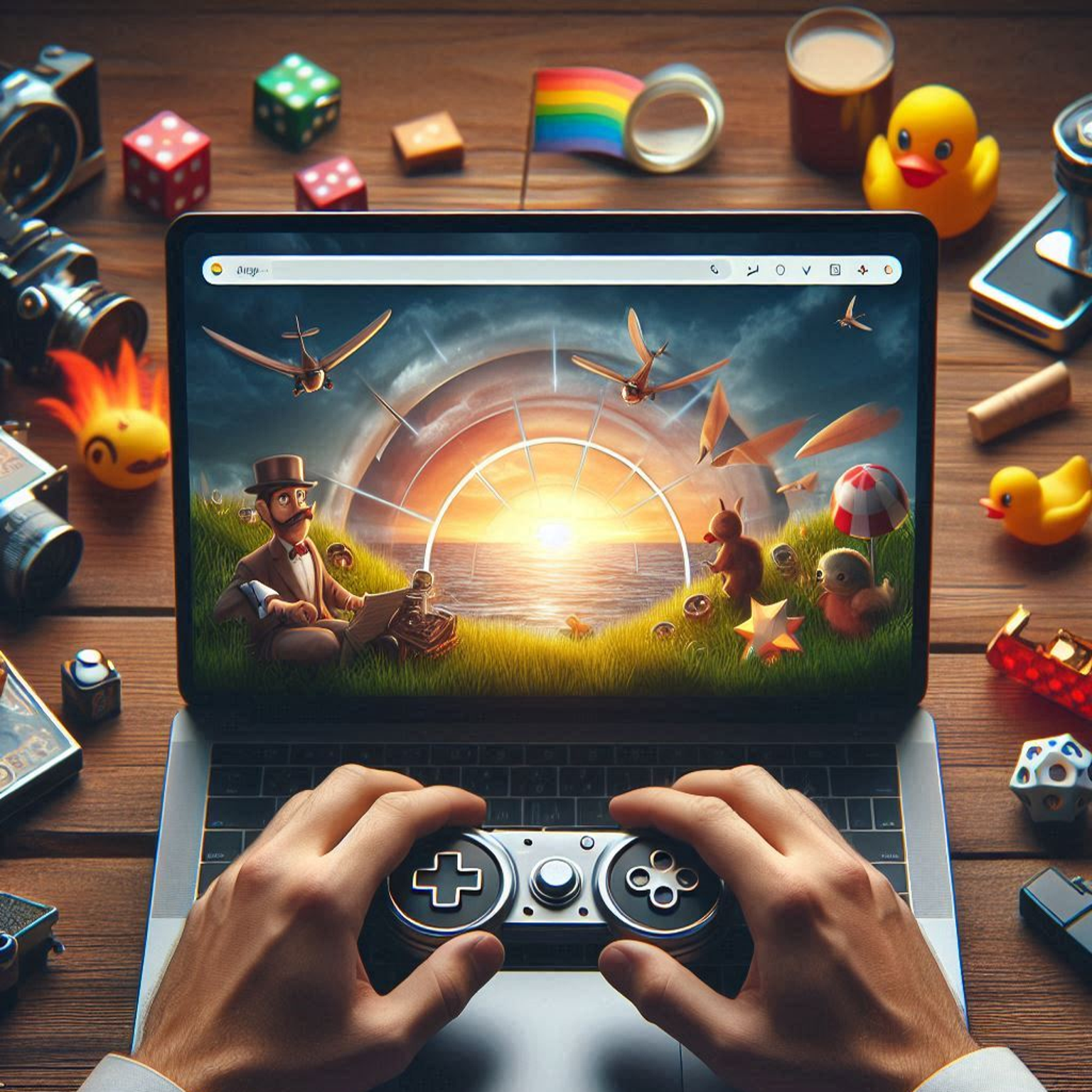Lifelong learning is a way of always wanting to learn new things, no matter how old you are. It means that learning doesn’t stop when you finish school; it can happen every day in many different ways. This is important because the world is always changing, and we need to change with it.
By learning new skills and getting more knowledge, we can make our lives better. It helps us get good jobs, meet new friends, and understand the world around us. Lifelong learning can happen in school, at work, or even at home when you read a book or watch educational videos.
Here are some tips for keeping your learning active: set goals for what you want to learn, find a hobby that interests you, or take online courses. It doesn’t matter how you do it as long as you keep trying. Remember, learning is an adventure that never ends!
Glossary:
Lifelong learning: The ongoing, voluntary, and self-motivated pursuit of knowledge for personal or professional development.
Skills: The abilities to do something well, usually gained through training or experience.
Knowledge: Information, understanding, or skills gained through experience or education.
The Importance of Lifelong Learning: How to Keep Growing
Lifelong learning is the continuous, voluntary, and self-motivated pursuit of knowledge for personal or professional development. It helps individuals adapt to changing job markets, acquire new skills, and enhance their personal growth. In a fast-paced world, where technology and industries are constantly evolving, lifelong learning has become essential.
Why Lifelong Learning is Important
- Adaptation to Change: The world is changing rapidly, and the skills that were in demand a few years ago may no longer be relevant today.
- Career Advancement: Employers often look for individuals who show a commitment to learning and personal development.
- Personal Satisfaction: Learning new things can be a source of joy and fulfillment, promoting a sense of achievement.
- Social Inclusion: Understanding new cultures, languages, or technologies can bring individuals closer to their communities.
Barriers to Lifelong Learning
Despite its benefits, many people face challenges in pursuing lifelong learning:
- Time Constraints: Busy schedules can make it hard to find time for learning.
- Financial Limitations: Sometimes, courses and resources can be expensive.
- Lack of Motivation: Without clear goals, people may struggle to find the drive to learn.
How to Foster Lifelong Learning
There are many ways to cultivate a habit of lifelong learning. Here are some effective strategies:
- Set Clear Goals: Determine what you want to learn and why. Having clear objectives can motivate you to take action.
- Online Courses: Platforms like Coursera, edX, or Khan Academy offer numerous free or affordable courses on various topics.
- Read Regularly: Books, articles, and blogs can expose you to new ideas and perspectives.
- Join a Community: Engaging with like-minded individuals can provide support and inspire you to keep learning.
Real-Life Examples
Many influential figures have acknowledged the importance of lifelong learning. For instance, Albert Einstein once said:
“Intellectual growth should commence at birth and cease only at death.”
This highlights that learning is a lifelong journey. In addition, the former CEO of IBM, Ginni Rometty, emphasized the need to embrace lifelong education:
“The world is one big learning lab.”
Resources for Lifelong Learning
Here is a table listing popular resources for enhancing lifelong learning:
| Coursera | Offers online courses from universities and colleges globally. |
| edX | Provides free online courses from top institutions like Harvard and MIT. |
| Khan Academy | Free educational resources covering a vast range of topics for all ages. |
| Books | Reading a variety of books can significantly enhance knowledge and understanding. |
| YouTube | A platform rich with educational videos on almost every subject imaginable. |
Final Thoughts
Lifelong learning is a vital component of personal and professional growth. By overcoming barriers and utilizing available resources, anyone can embark on a journey of continuous learning. It not only prepares individuals for changes in the workforce but also enriches personal experiences and connections with the world around them.
What is lifelong learning?
Lifelong learning refers to the continuous, voluntary, and self-motivated pursuit of knowledge for personal or professional development. It encompasses various learning methods, including formal education, online courses, workshops, and informal learning through experiences.
Why is lifelong learning important?
Lifelong learning is crucial for adapting to a rapidly changing world. It enhances skills, keeps your knowledge up-to-date, promotes career advancement, and fosters personal growth. With evolving technologies and job requirements, staying current through lifelong learning helps maintain competitiveness in the job market.
How can I start my lifelong learning journey?
Begin by identifying your interests and career goals. Research available resources, such as online courses, local workshops, books, and podcasts. Set specific learning objectives and create a schedule to ensure consistent learning. Join communities or groups that share your interests to enhance motivation and engagement.
What are some effective ways to learn continuously?
Consider various learning formats such as online classes, webinars, and reading. Engage in networking and discussions with experts in your field. Utilize multimedia resources like videos and podcasts. Additionally, hands-on experiences or volunteering can provide practical knowledge and skills.
How do I stay motivated to learn?
Set achievable goals and track your progress to maintain motivation. Choose topics that genuinely interest you, and mix learning methods to keep things dynamic. Reward yourself for reaching milestones, and surround yourself with supportive peers who share your enthusiasm for learning.
Can lifelong learning benefit my career?
Yes, lifelong learning can significantly enhance your career prospects. It demonstrates adaptability and a commitment to professional development, making you more attractive to employers. Gaining new skills and knowledge can lead to promotions, better job opportunities, and overall job satisfaction.
What role does technology play in lifelong learning?
Technology offers numerous platforms and resources to facilitate lifelong learning, such as online courses, forums, and learning management systems. It allows for flexibility in learning schedules and access to a wide range of information. Embracing technology can streamline your learning process and connect you with a global community of learners.
Is lifelong learning only for professionals?
No, lifelong learning is beneficial for everyone, regardless of their professional background. It can enhance personal interests, hobbies, and overall quality of life. Whether you want to learn a new language, explore art, or develop cooking skills, lifelong learning enriches your life experience.
How do I incorporate lifelong learning into my daily routine?
Start small by dedicating a specific time each day or week for learning. Integrate educational content into your commute or downtime by listening to podcasts or audiobooks. Set daily or weekly learning goals and make it a habit. Consistency is key in making lifelong learning a part of your everyday life.
What challenges might I face in lifelong learning?
Common challenges include time management, distractions, and maintaining motivation. To overcome these, prioritize your learning goals, create a conducive learning environment, and seek social support. Acknowledge that setbacks may occur, and view them as part of the learning process.
How can I measure my lifelong learning progress?
Assess your learning by keeping a journal of what you’ve learned and reflecting on your experiences. Set specific milestones and evaluate your performance against them. Seek feedback from peers or mentors to gain insights into your growth and areas for improvement.










